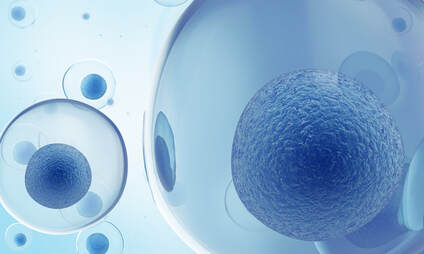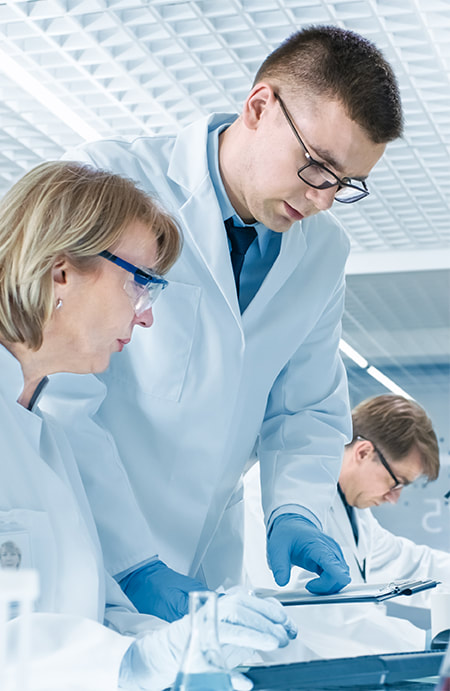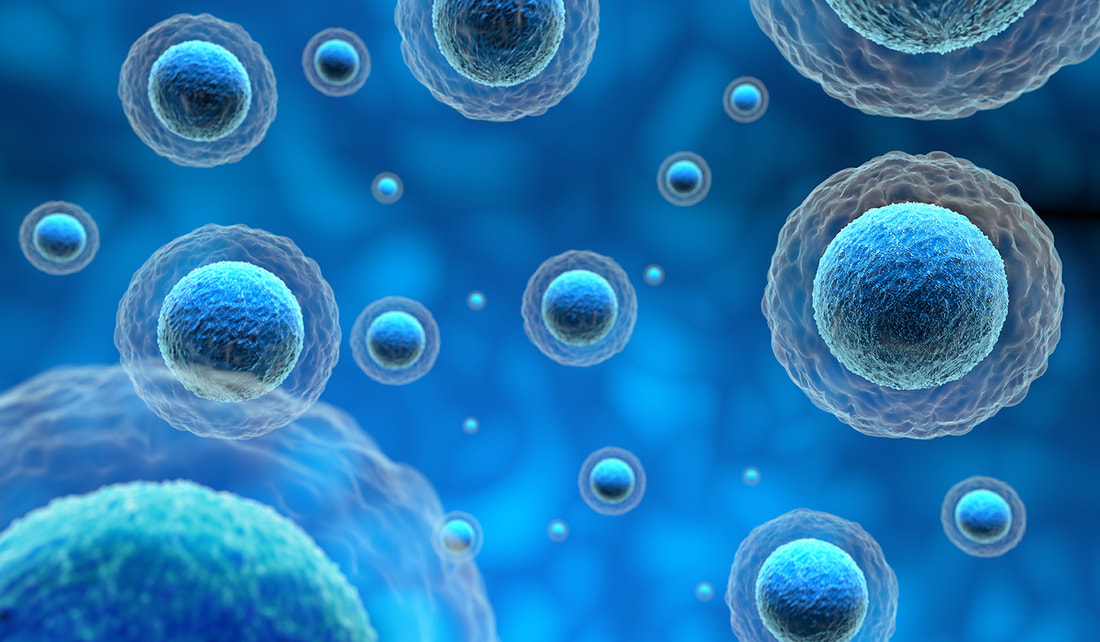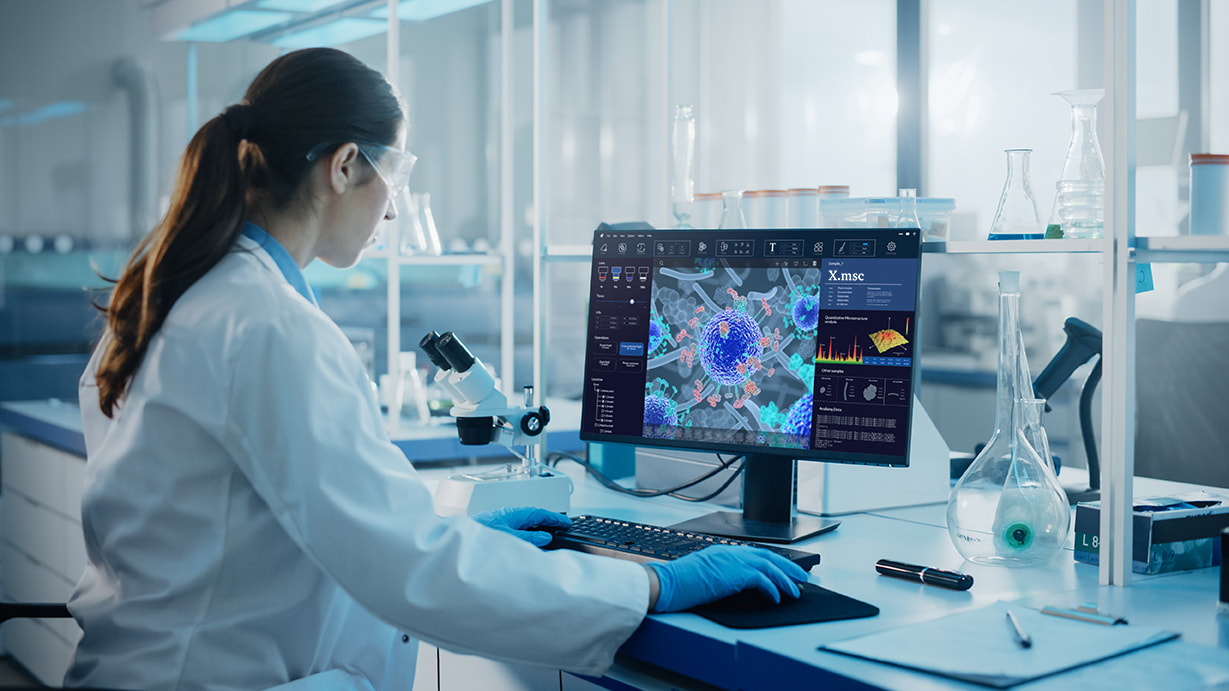Stem Cells Explained
Stem cells are the root cellular unit of the body. These cells have hundreds of differentiating pathways depending on their points of origin, in fact, each specialized cell in the human body evolves and adapts from a stem cell.
|
Currently, our research on exosomes has also led to some potentially groundbreaking developments. The exosomes released by stem cells contain the main bioactive molecules from them, including microRNA and the cellular information for multiple tissue growth factors. Exosomes are already seen as being extremely promising in their probable future impact on regenerative medicine applications.
|
Mesenchymal Stem Cells
In our research, mesenchymal stem cells are safely sourced from the placenta, where they are stored before being dispatched to form a multitude of different tissue types. These stem cells are multipotent, meaning they may have fewer applications than pluripotent cells, but are highly effective for regeneration and repair.
VitaSpring Mesenchymal Stem Cells(X.msc) are mesenchymal stem cells derived from the placenta which possess maternal genes. Our X.msc secrete Exosomes which are being used in conjunction with stem cells to develop the most effective treatments by utilizing their healing and regenerative qualities. Our Exosomes(X.exo) also have higher concentrations of growth factors than other exosomes, they also have anti-inflammatory and pro-epidermal repair properties.
In our research, mesenchymal stem cells are safely sourced from the placenta, where they are stored before being dispatched to form a multitude of different tissue types. These stem cells are multipotent, meaning they may have fewer applications than pluripotent cells, but are highly effective for regeneration and repair.
VitaSpring Mesenchymal Stem Cells(X.msc) are mesenchymal stem cells derived from the placenta which possess maternal genes. Our X.msc secrete Exosomes which are being used in conjunction with stem cells to develop the most effective treatments by utilizing their healing and regenerative qualities. Our Exosomes(X.exo) also have higher concentrations of growth factors than other exosomes, they also have anti-inflammatory and pro-epidermal repair properties.
Current Research Areas for Disease Treatments |
|
Research is currently being conducted to determine the effectiveness of our X.msc and other placenta derived stem cells for diseases currently untreatable or those with inadequate treatments such as the following:
|
Exosomes explainedExosomes are vesicles created by cells which carry nucleic acids, proteins, lipids, and metabolites from the original cell to surrounding cells. Exosomes can also serve different functions which are determined by the genetic information of the host cell. Interestingly enough, however, each exosome creates a path of communication between surrounding cells, and it is in this path of communication that our interest lies. |
Exosomes are used for a plethora of different cases based on the unmatched advantages of their utility over other cells. With exosomes, there is no genetic transference or graft-vs-host disease, making them the perfect choice for treatments utilizing allotransplantation techniques. There is no oncogenesis or overexpansion of cells when exosomes are used as the form of treatment. Along with the ease of treatment administration, exosomes can be used to help treat numerous diseases without harmful side effects or the spreading of communicable diseases from donor to recipient.






